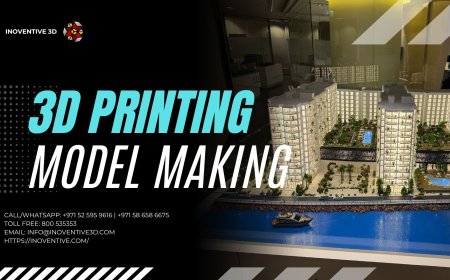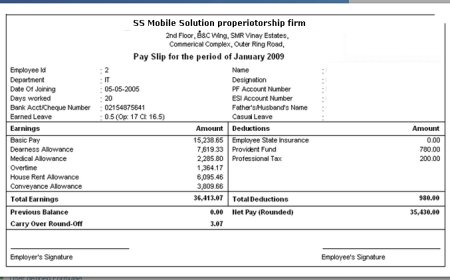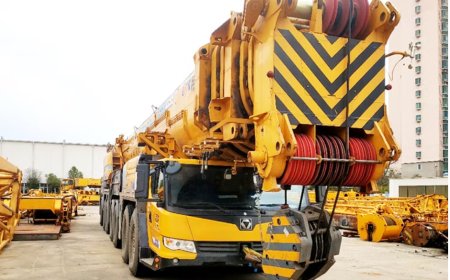Mastering the Bid: Tips to Outshine Competitors in 2025
Many contractors use spreadsheets or guesswork for bidding. This can cause problems. Estimating tools based on actual job data help create bids that are closer to the true cost. For example, contractors who have switched to using tools that track materials, labor hours, and previous job history have found that they spend less time fixing errors later.

Introduction
The construction industry in 2025 has become more competitive than ever. Contractors are not only expected to complete quality work, but they must also know how to win projects before work begins. This means writing solid bids, building relationships, understanding current market conditions, and making smart business decisions. One crucial element in this process is accurate quantity takeoff, which ensures that all materials and resources are correctly calculated for the project.
Understand the Project Requirements
The first step in winning a bid is to understand exactly what the client is asking for. It may sound basic, but many firms skip over important details. Read every part of the request. Review the plans, specifications, and all related documents. Visit the site if possible. Ask questions if something is unclear. Clients expect bidders to know what they are getting into. A mistake at this stage can result in a bid that misses major pieces of work or prices something incorrectly. These errors not only make a bid weak but also raise concerns about the bidders attention to detail.
Know the Market Conditions
Costs in construction shift often. Material prices, labor wages, and fuel charges rise and fall throughout the year. According to a 2024 report from Associated General Contractors of America, the price of key materials such as concrete and steel changed by more than 15 percent in a single year. Knowing what these changes look like in real time helps contractors prepare more accurate bids. A firm that uses last years prices could miss out, while one that stays updated shows they understand the current market.
Build a Reputation That Supports Your Bid
Winning new work often depends on what a contractor has done before. Contractors who meet deadlines, keep costs under control, and communicate clearly are more likely to be selected again. A good reputation does not just help keep current clients. It also gives new clients confidence. Include past project summaries in every bid. Share photos, actual timelines, and references when possible. These show that your business can handle the work. In a tight race, a strong track record can be the deciding factor.
Make Your Bid Clear and Easy to Follow
Bids should not confuse the person reading them. Break down your costs into categories like labor, materials, permits, equipment, and overhead. Explain where your numbers come from. Be honest and clear. If your bid includes extra allowances or possible risks, label them. Clients often pick the bidder who makes their job easier, and a well-organized proposal does just that.
Pay Attention to Time Estimates
Time is often just as important as cost in construction projects. If you cannot meet the deadline, the client may lose money or face penalties. On the other hand, promising a deadline that cannot be met will hurt your companys reputation. Take time to create a schedule that is realistic. Base your dates on past projects, labor availability, weather conditions, and permit timelines. Make sure your team can deliver what you propose. A strong timeline adds value to your bid and shows you have planned for success.
Do Not Underbid Just to Win
Some contractors try to win projects by offering the lowest price. This can backfire. Underbidding often leads to unexpected losses or cost overruns. Once that happens, the job suffers, and the relationship with the client may break down. Clients are aware of these risks and may not choose the lowest bidder if the price seems too low. A bid should reflect real costs and a fair margin. This not only protects your business but also shows respect for the work involved.
Use Estimating Tools with Real Job Data
Many contractors use spreadsheets or guesswork for bidding. This can cause problems. Estimating tools based on actual job data help create bids that are closer to the true cost. For example, contractors who have switched to using tools that track materials, labor hours, and previous job history have found that they spend less time fixing errors later. One tool that many companies have found useful is ProEstimatrix. It helps construction teams build clear bids by turning real job data into complete estimates.
This is especially important in public sector construction cost estimation, where accuracy and transparency are critical for compliance and approval. When tools like these are used, businesses can focus more on growing and less on correcting mistakes.
Build Strong Relationships with Clients
Sometimes, the difference between winning and losing a bid comes down to trust. Clients want to know that the contractor they hire will do what they say. Keep communication open before, during, and after the bidding process. Show respect for their needs and ask questions that show you care about the success of the job, not just winning it. Even if you do not win a bid, a good connection may lead to future opportunities.
Review Every Bid You Submit
After you send a bid, take time to review how you did. If you win, find out what worked. If you lose, ask for feedback if possible. Was your price too high? Did your schedule seem weak? Learning from each project helps improve the next bid. Over time, your business will build stronger habits that raise your win rate.
Stay Consistent with Your Process
Success in bidding is not built on luck. It comes from doing things well every time. Create a standard process that your team follows. This includes reviewing plans, double-checking costs, creating schedules, and writing the bid in the same format. A consistent process helps avoid missed steps and creates a better result. When every team member knows the plan, fewer mistakes happen, and more jobs are won.
Conclusion
Winning construction bids in 2025 requires more than just offering a low number. It takes careful planning, real knowledge of the project, and strong communication. A good bid starts with understanding the work, pricing it fairly, showing past success, and being honest about what can be delivered. Tools, habits, and relationships all play a role in helping a contractor rise above the competition. When these parts come together, contractors put themselves in a strong position to win the projects that help them grow.








































